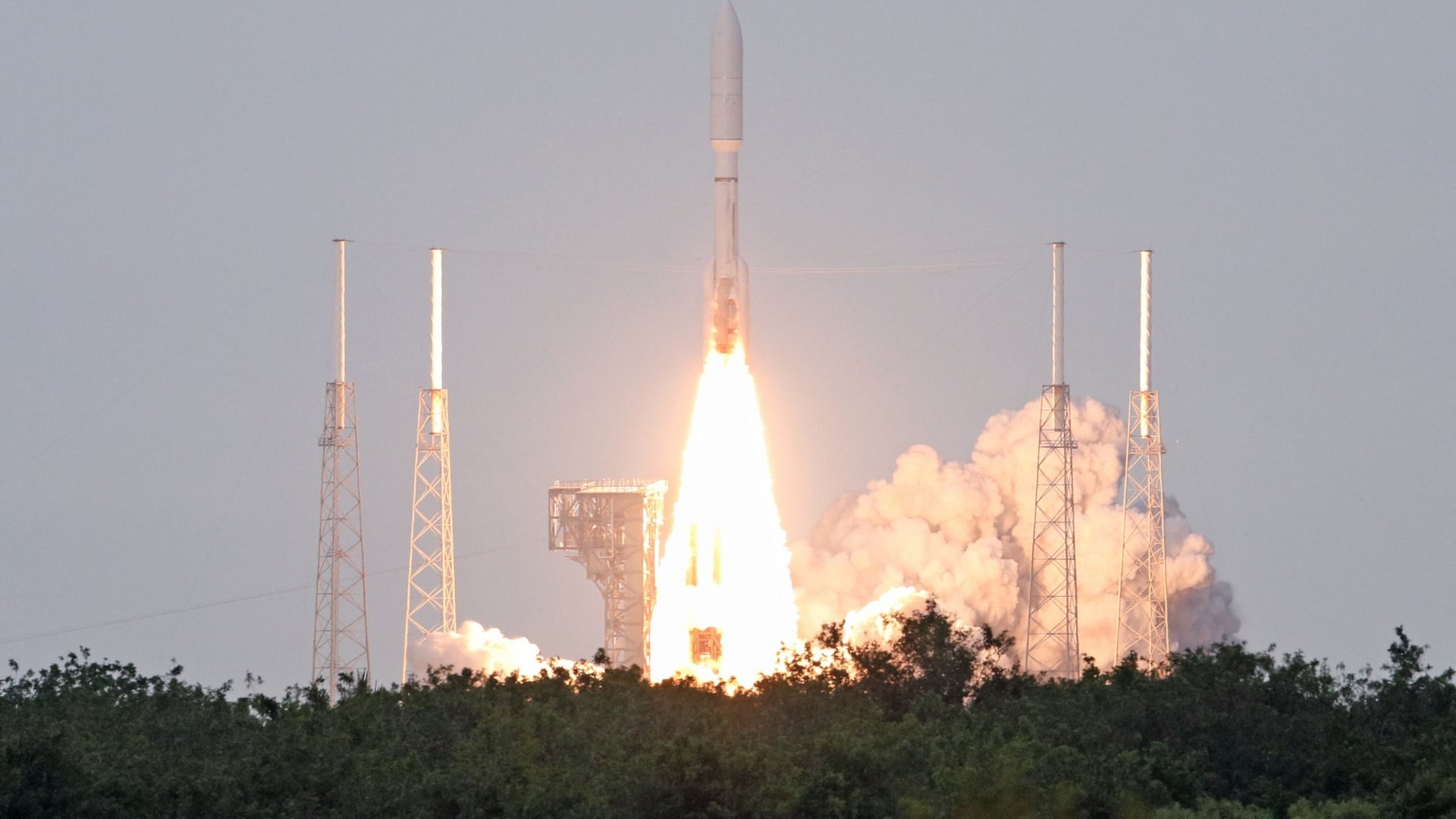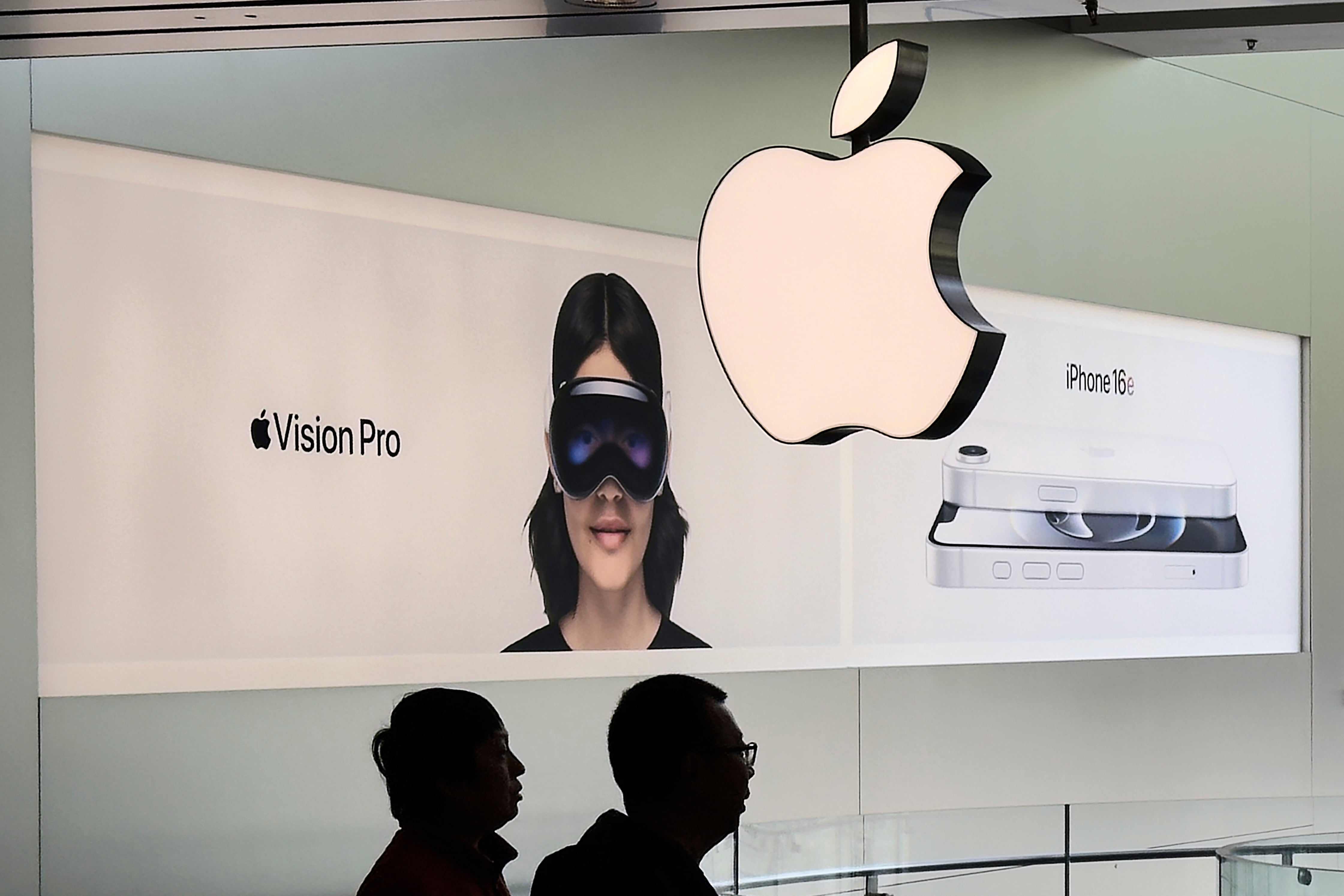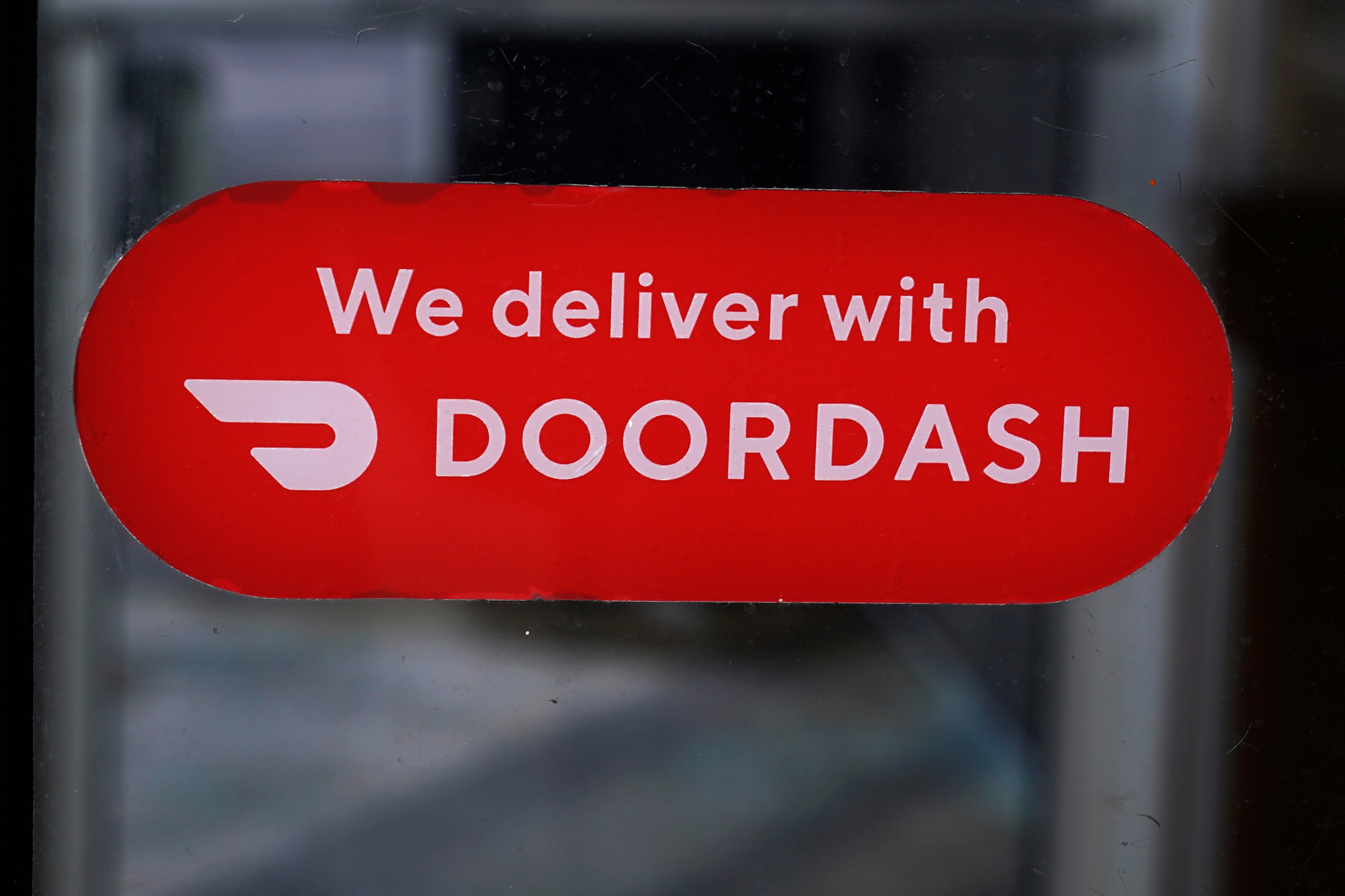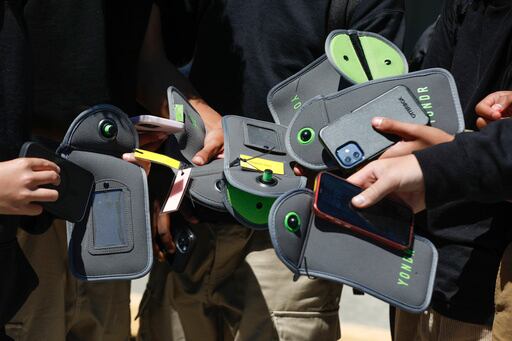*By Tanaya Macheel* Tally is on track to expand its product offering in 2019, Cheddar has learned. The automated debt management start-up, which launched in October 2017 and [raised $25 million](https://cheddar.com/videos/credit-card-payoff-app-tally-raises-25-million) in Series B funding in July, is now managing about $250 million in credit card debt and has processed more than $100 million in payments, CEO and founder Jason Brown told Cheddar Monday. “With 2019 ahead of us, we’re laying the foundation for being able to automate beyond credit card debt,” Brown said, potentially referring to savings and investing, or other kinds of debt like student and auto loans. With its existing app, the San Francisco-based company aims to remove the pain of managing credit card payments by letting users link their credit cards ー and paying off those credit cards on behalf of their users. Once users qualify, Tally offers a low-rate line of credit that users pay monthly; that payment covers the minimums on each linked credit card. Since July, Tally has tripled its headcount, launched its app for Android devices, and released a “robo-advisor for debt” that considers users’ current spending, income, debt to date, and helps them structure a monthly payment plan in order to be debt-free by the date they've chosen. “Most people think about investing, setting a date for when you’ll retire,” Brown said. “Only about 14 percent of Americans actively buy stocks whereas 44 percent of Americans have credit card debt. We built a product that allows you to set a goal for when you’re going to be debt free.” Tally currently has about 75 employees, half of whom are engineering and product personnel. The company plans to have 100 employees by the first quarter of 2019. It also plans to expand its current prime offering. Tally is only available to creditworthy users (those with at least a 660 credit score). With fintech, traditional financial institutions are doing more financial work for consumers in an “invisible and ambient” way as their brands lose customer interaction to start-ups like Tally, which are employing artificial intelligence to optimize each financial task and separating the benefits of financial responsibilities from the burden. “Those fintechs will be effectively doing business on the customer’s behalf with the broader financial industry,” Brown said. “Most banks are organized by product categories, things that you kind of pick off the shelf as a customer. We think about things in terms of jobs you need done. It’s more around goals and objectives as a customer — and the service might use multiple products on your behalf without you even knowing what products are being utilized to get you to your goal.”












